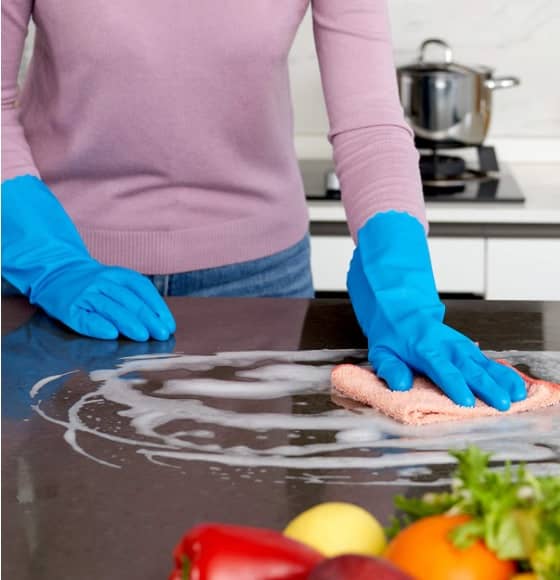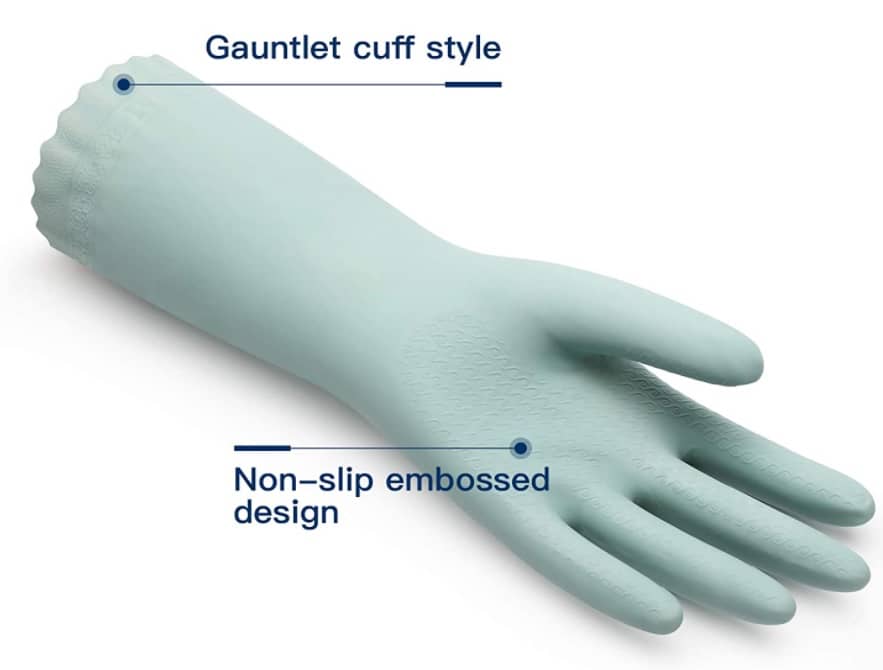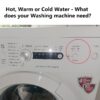
Nobody enjoys the sight of a pile of dirty dishes in the sink. That’s why using a dishwasher is a necessity. Whenever you go out in the market to purchase a new dishwasher, the question that plagues your mind is whether it is safe to have a dishwasher with a septic tank.
It is very natural to worry if any discharges from the dishwasher can damage the private septic tank system. When you have a septic tank, you cannot use just about anything — you need to be extremely cautious about what is going down the drain. After all, no one wants to damage the septic tank and send the entire plumbing system for a toss. So, let’s look at whether this claim holds.
To give you a short answer – yes, your dishwasher and septic tank can coexist but with some cautions to be maintained by you. There are some conditions under which your dishwasher can harm your septic tank.
📌For instance, if the absorption system of the dishwasher is unable to absorb the effluents effectively, your septic tank may be compromised. Moreover, when detergents with high levels of phosphates or nonylphenol ethoxylate surfactants are used, there are chances of harming the septic tank bacteria. But all these can be controlled. You can have a dishwasher with a septic tank.
USING A DISHWASHER WHEN YOU HAVE A SEPTIC TANK
Let’s understand how to keep both your health and septic tank safe, while using a dishwasher.
Not only the dishwashing detergent, but also any dish soap added with phosphate may affect the bacteria in your septic tank. If the good bacteria are harmed, your septic tank will back up and give away a foul odour. It also poses a host of other health risks. Detergents with high levels of phosphates damaged the useful enzymes in your septic tank.
Phosphates are also extremely toxic to the overall environment. In 2010, at least seventeen states in the US adopted a law that mandated lower phosphate levels in detergents. However, you cannot be entirely sure about the levels. That’s why it is advisable to choose phosphate-free detergents.

Please remember that dishwashers use surfactants to clean the soiled dishes. It also uses water at a high temperature, spritzed across the dishes to clean them thoroughly. Given this intense mechanism, even if your dishwasher does not kill all the septic tank bacteria, they can surely contaminate it and compromise groundwater.
Additionally, dishwashers that use a considerable amount of water for washing also threaten a septic tank’s safety. Imagine using such a dishwasher along with a dishwasher detergent loaded with phosphates. Your septic tank will get overwhelmed and stop functioning properly.
But this doesn’t mean that you cannot operate a dishwasher when you have a septic tank. With a little bit of caution and using the right detergents that will not harm the septic tank bacteria, you can run your dishwasher without worrying. Here’s some helpful guidance on how to keep a septic tank in great health owning having a dishwasher:
✅ Never use any dishwashing detergents that have phosphates. Always look for biodegradable, anti-bacterial, phosphate/sulfate-free labels on the box. If you find a label that says explicitly, it is eco-friendly, that’s great too.
✅ Use a dishwasher that utilizes a lesser amount of water to clean the dishes. Most automatic and advanced models of dishwashers (like the Bosch 500 series) in the market right now have this function.

✅ Run the dishwasher only when it is full. This will make sure that the excess water stays out of the septic tank. Don’t run a half-empty dishwasher multiple times a day.
✅ Try to use the dishwasher when you are not using other appliances in the house. For instance, running the dishwasher when you have put on a laundry load and want to take a long bath can overwhelm the septic tank completely.
✅ Remember that your dishwasher will need the same amount of water irrespective of the number of soiled dishes that you load. So always wait till the end of the day to fill it up completely and then run it. Otherwise, you also risk wasting a lot of energy.
Final Verdict:
The fact that you have such a question in mind, explains you want to take care of your septic tank. Dishwasher is a very useful machine that helps us manage time and lower tough work. And the good news is you can use a dishwasher while keeping your environment, septic tank and health safe. Just follow the mentioned precautions and you are good to go. Always buy an advanced or automatic dishwasher. These days the new models of dishwashers use as little amount of water as possible to avoid hurting the septic tank, save energy and your money.










![[Best Dishwasher Detergent] to Prevent Etching Your Glassware etchproof](https://dishwashingpro.com/wp-content/uploads/2020/06/etchproof-100x100.png)





